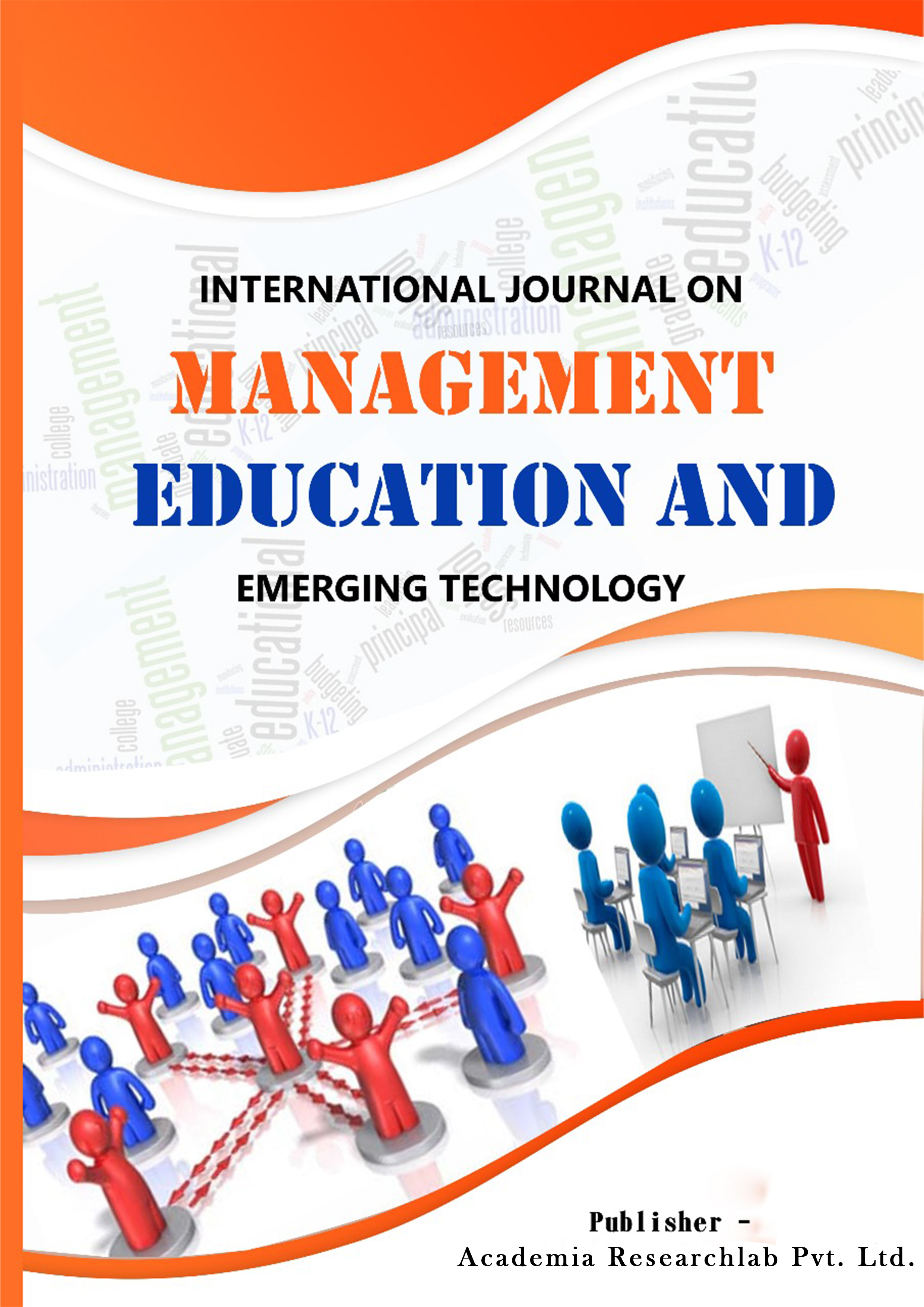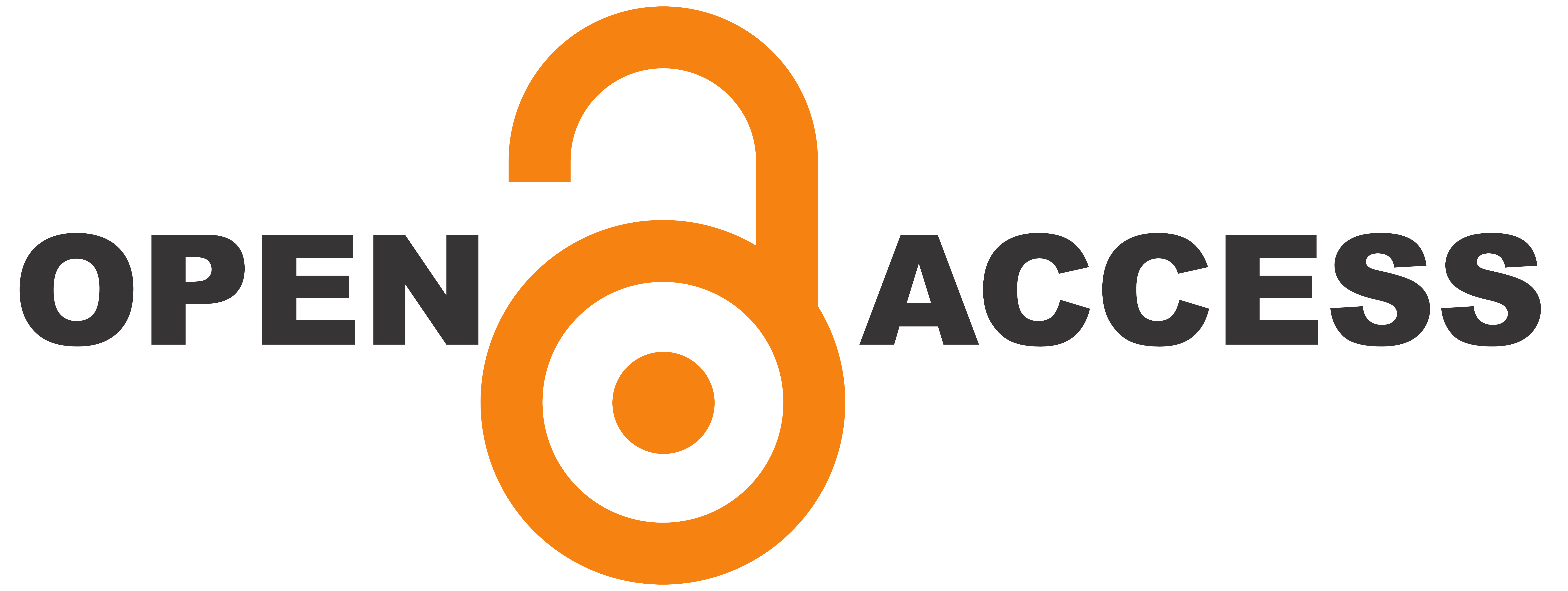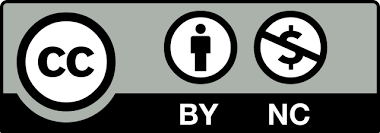Call For Paper For Vol-4 1st Issue-2026
Call for Papers- Vol 4, Issue 1, 2026
Last Date of Submission: 15th February 2026
International Journal on Management Education and Emerging Technology (IJMEET) acknowledges the rapid advancement of generative AI tools (such as ChatGPT, Bard, Copilot, etc.) and their potential role in academic research and writing. To maintain transparency, academic integrity, and ethical standards in scholarly publishing, IJMEET adopts the following guidelines on the use of generative AI:
Call for Papers- Vol 4, Issue 1, 2026
Last Date of Submission: 15th February 2026





The International Journal on Management, Education and Emerging Technology (IJMEET) is a peer-reviewed journal committed to publishing high-quality research and promoting academic integrity.
Email: journal@ijmeet.org
Website: www.ijmeet.org
© 2026 ijmeet.org
(ISSN: 2583-9438)
Published by
Er. Darshan Surya Sahu
Academia Researchlab Pvt. Ltd.
Bhubaneswar, 751017, Odisha, India
Email: editor@ijmeet.org
